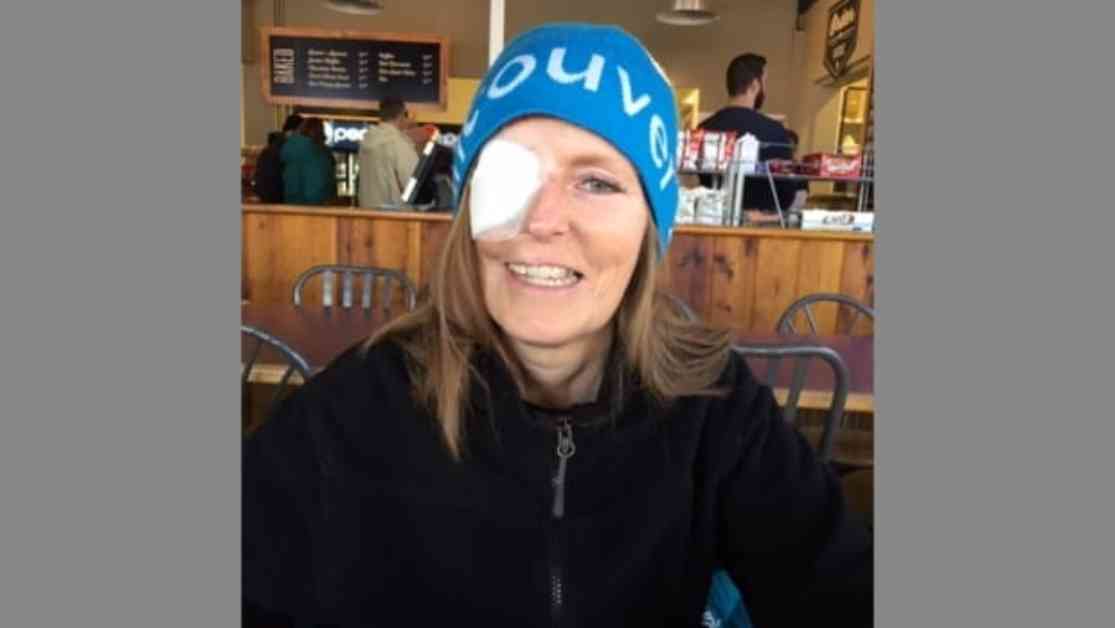Michelle Fuller, a cancer survivor, is facing uncertainty about the future of her care at the Edmonton Facial Reconstruction Clinic. She has relied on this clinic for decades for her specialized medical needs. Fuller, along with other head and neck cancer survivors, are worried about the continuity of care at the Institute for Reconstructive Sciences in Medicine (iRSM), which is operated by Covenant Health in partnership with Alberta Health Services.
The clinic, which provides essential services for individuals in need of facial and dental reconstruction following cancer surgeries, has been facing challenges. Patients like Bernie Krewski and Brenda Frederick have been left in limbo as physician contracts have been phased out, and the clinic’s last remaining specialist is set to leave soon. The lack of clarity about who will provide ongoing care has left patients feeling abandoned and anxious about their future.
For Fuller, who has been a patient at iRSM since 1999, the uncertainty is particularly troubling. Her prosthetic, which allows her to speak and eat, is in need of replacement, but she is unsure of who will perform the surgery or cover the costs. The impending loss of the clinic’s specialist has left her worried about the quality of care she will receive in the future.
Patients like Brenda Frederick, who have been visiting the clinic for over two decades, are also feeling the impact of the changes at the clinic. Frederick, who underwent extensive surgery to reconstruct her face after a cancer diagnosis, now faces uncertainty about her ongoing care. The specialized care she requires to maintain the health of her surgical site is at risk due to the changes at the clinic.
Bernie Krewski, another patient at the clinic, has launched a petition calling for transparency and the maintenance of the clinic. After years of isolation due to the effects of cancer treatment on his ability to eat and speak, Krewski found dignity and purpose at iRSM. Now, he fears that privatization and changes at the clinic will leave vulnerable patients without the care they need to live a fulfilling life.
The lack of information and communication from Covenant Health, the Catholic health-care provider that operates the clinic, has left patients like Fuller, Frederick, and Krewski feeling abandoned and anxious about their future. The uncertainty surrounding the clinic’s future has raised concerns about the quality of care that patients will receive and the accessibility of specialized services for vulnerable individuals.
As patients continue to advocate for their needs and call for transparency from health-care providers, the future of the Edmonton Facial Reconstruction Clinic remains uncertain. The impact of these changes on cancer survivors and individuals in need of specialized care highlights the importance of maintaining continuity of care and access to essential services for vulnerable populations.





















